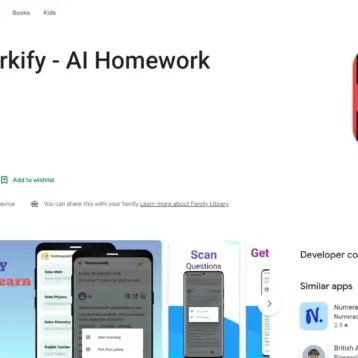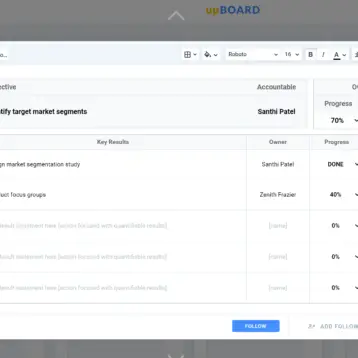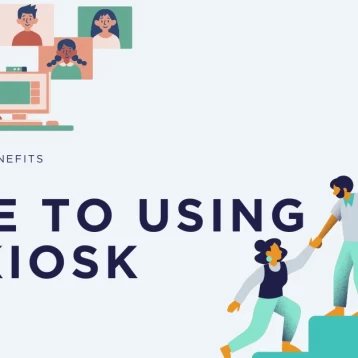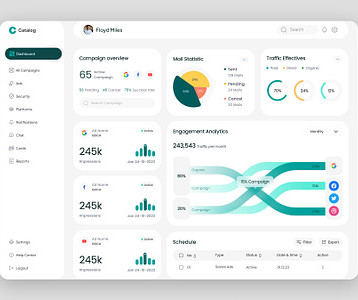
Photo by Markus Spiske temporausch.com from Pexels
Building software is a strategic decision that takes a business to the next level. With the right approach and planning, the software development activity can overcome conventional obstacles and pave way for digital transformation in an organization.
A lot of organizations are investing heavily in custom software development to automate mundane processes and complete tasks more diligently. With the dynamic requirements of clients, developers, too, are learning to evolve themselves and adopt innovative, yet, result-oriented methodologies to deliver better results.
In this blog, we are highlighting some of the most popular software development methodologies that you can use for your next project.
#1 Agile Development Methodology
It would not be wrong to say that the startup ecosystem flourished because of agile development processes. The aim of agile is to minimize risks with continuous iterations to improve the end-product. The agile methodology involves creating software in steps with tiny increments on the way to build a new feature.
Pros of Agile Development Methodology
- Faster development with a lower risk of failure
- The software can be launched with quick iterations on the go
- Enhanced efficiency due to delegation of authority
- Easy bug discovery and error resolution
- Continuous improvement owing to successive improvements
Cons of Agile Development Methodology
- Need for a proper mechanism/system for real-time interaction
- Based on real-time user feedback which can be hard to gather
- Labour intensive activity as each iteration required dedicated developers
#2 DevOps Development Methodology
DevOps is a set of best practices that fuel the entire development and deployment activity. DevOps methodology works to enhance organizational collaboration by introducing valuable changes to the existing development culture.
In the DevOps methodology, the focus is on improving collaboration between teams responsible for various aspects associated with development lifecycle such as development, quality assurance, deployment and operations.
Pros of DevOps Development Methodology
- Swift Deployment for improving time-to-market
- Low rates of failure while deploying new releases
- Minimized lead times between bug fixes
- Eliminating disruption by enhancing reliability
- Continuous deployment for smooth operations
Cons of DevOps Development Methodology
- Core focus on continuous updates which might not be necessary for all project
- Not suitable for industries requiring extensive testing before the operational phase
- Requirement of a standard collaborative environment across multiple departments
#3 Waterfall Development Methodology
The waterfall method is the most convenient way of developing software. Considered to be a highly rigid methodology, it works on a linear framework that takes software through sequential phases. Each phase has a specific goal and results in the completion of a stage.
For example, the requirement phase involves setting clear requirements, design phase focuses on the design aspect and so on. Without the completion of one phase, the next phase cannot begin. Also, there is no provision of making changes on the go or going back to the previous phase in this method.
Pros of Waterfall Development Methodology
- Easy to understand, implement and manage
- Clear objectives and requirements outlined in the beginning
- The streamlined and linear approach to software development
Cons of Waterfall Development Methodology
- Slow and error-prone
- No provision of iterating and improving the project in real-time
- Hierarchical approach, inappropriate for the dynamic needs of modern industry
#4 Rapid Application Development Methodology
RAD methodology focuses on minimizing the investment and quickly building a quality product while dealing with the dynamic needs of an organization. For custom software development in rapidly growing industries and disruptive sectors, RAD is the go-to methodology for any developer.
Not only it helps in quickly building and scaling up with fewer funds and resources but enhances the overall appeal and usability of software by adjusting to the changing requirements. Being a short version of the software development lifecycle, RAD focuses on requirement planning, design, development and cutover.
Pros of Rapid App Development Methodology
- Suitable for projects with a well-defined target audience/user group
- Ideal for early-stage startup concepts with time-sensitive requirements
- Low costs of development
- Quick iteration and deployment
Cons of Rapid App Development
- Need for highly skilled resources for development and testing
- Approvals required in real-time after each development phase
#5 Lean Development Methodology
The lean development methodology is an increasingly popular method of developing software for the challenging industry landscape. Instead of continuous iteration and improvement for the entire project, the lean methodology focuses on improving a part of the software at a time (generally one-third) with a tight budget and strict timelines.
Lean methodology is apt for organizations and projects where robustness is the need of the hour and the end result should be perfected in the form of an easily manageable software.
Pros of Lean Development Methodology
- A lot can be achieved with a low investment
- The requirement of fewer resources
- Faster time to market
Cons of Lean Development Methodology
- Need for highly skilled dedicated resources
- High flexibility can prove harmful for structured and focused development
Choosing the Best Methodology for Your Project
We highlighted some of the most popular methodologies for software development. Though each one of them has their pros and cons, you must evaluate every one of them, based on your product requirements.
The success of a software development approach depends on the methodology you choose and alignment to the development needs. If you need a shorter time to market, then you can think of DevOps, if the feedback is your concern, you can go for agile, or choose one that relates to your development goals.
Wrapping Up
Building software requires a lot of diligent efforts. By adopting the right methodology, you can reap the best results. If you are confused about which methodology might be the best for your needs, make sure your software development company that can guide you through the entire process.










